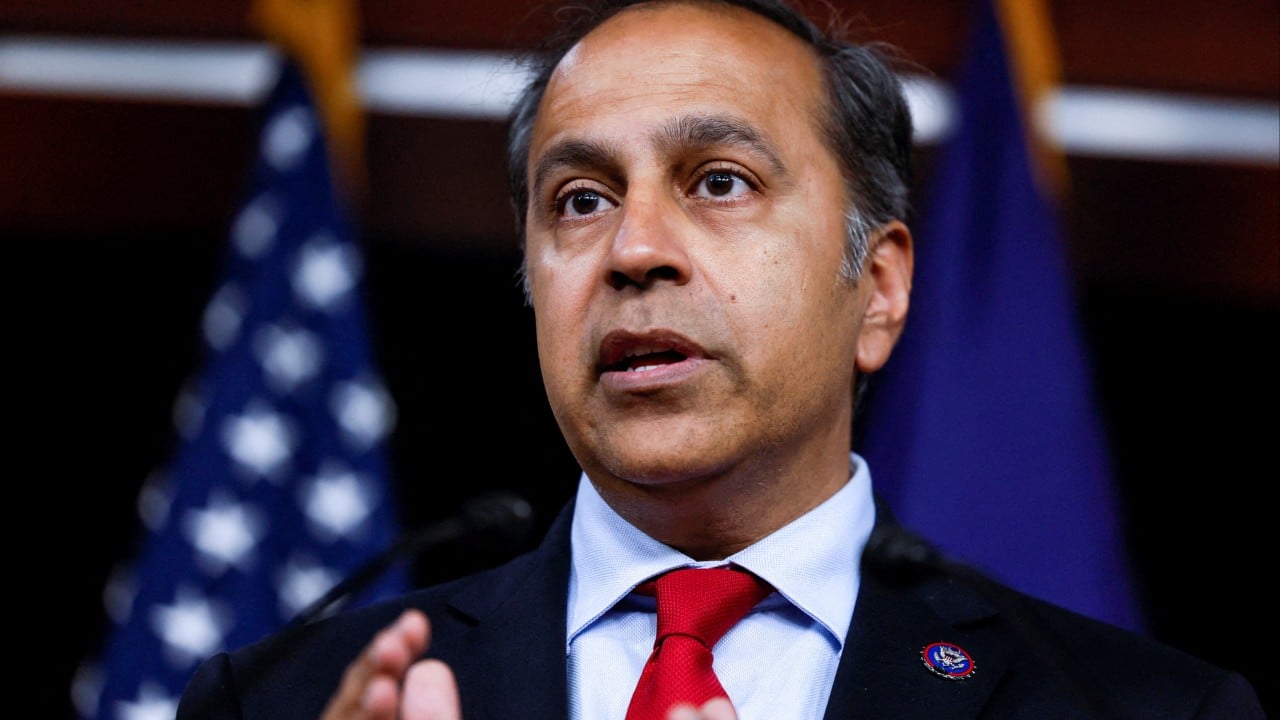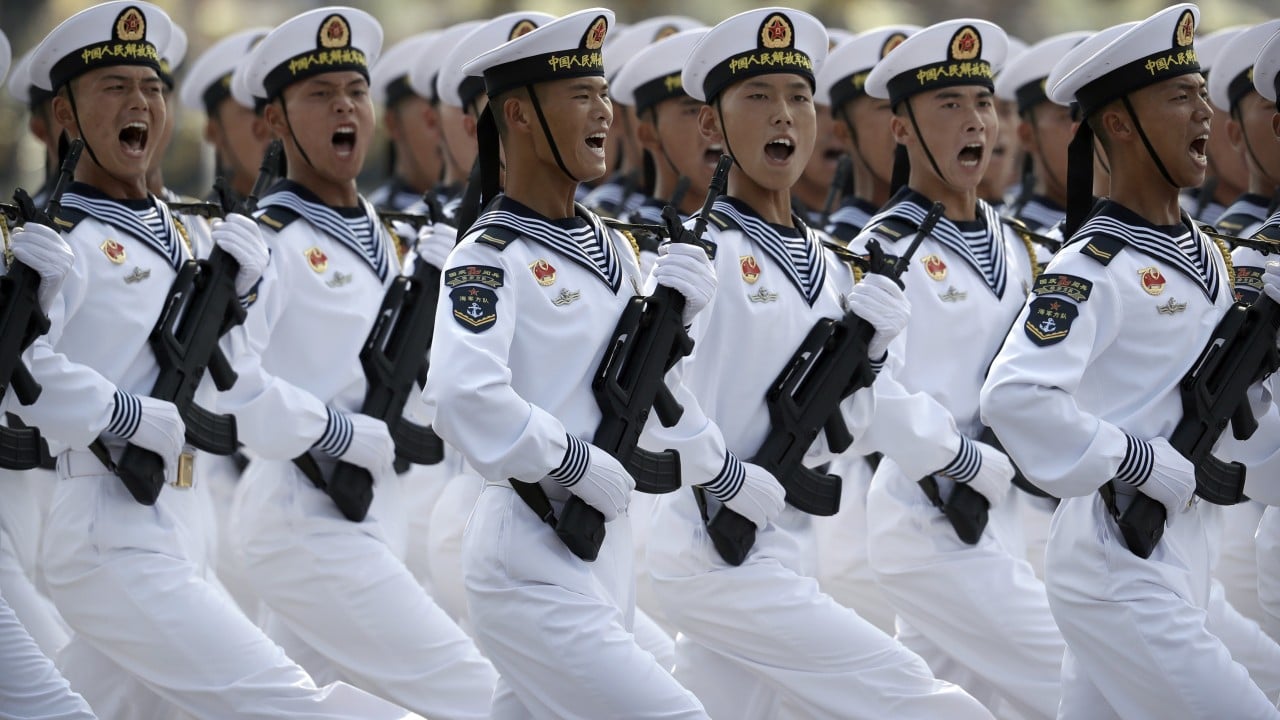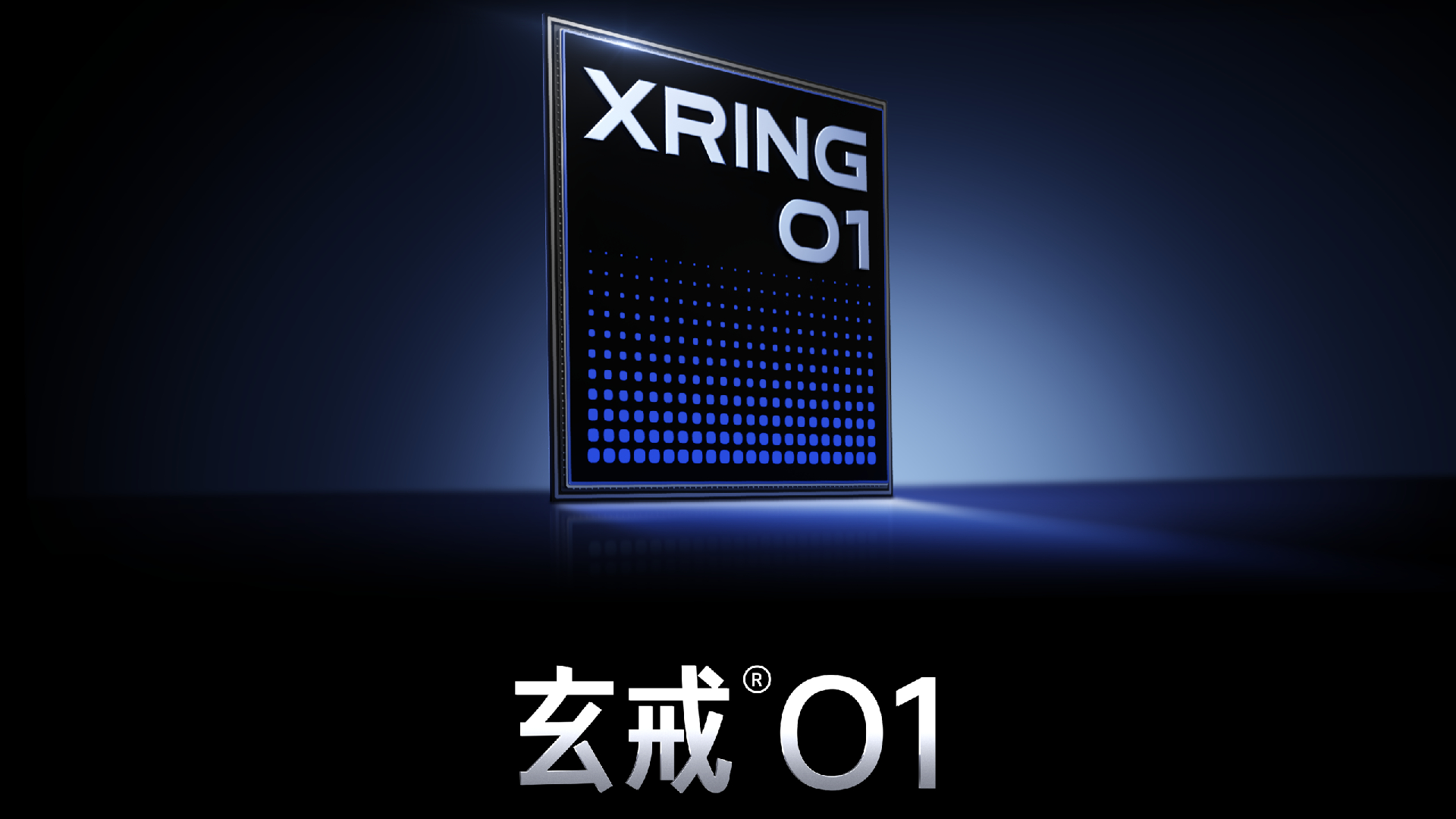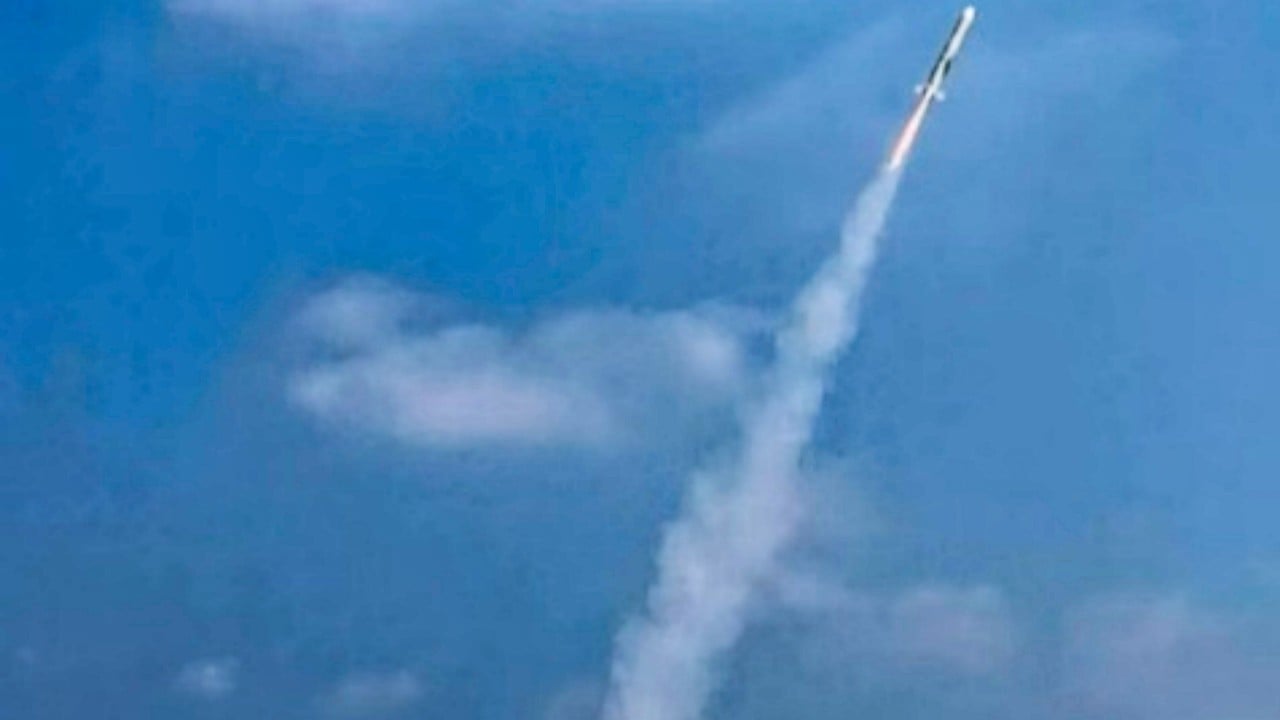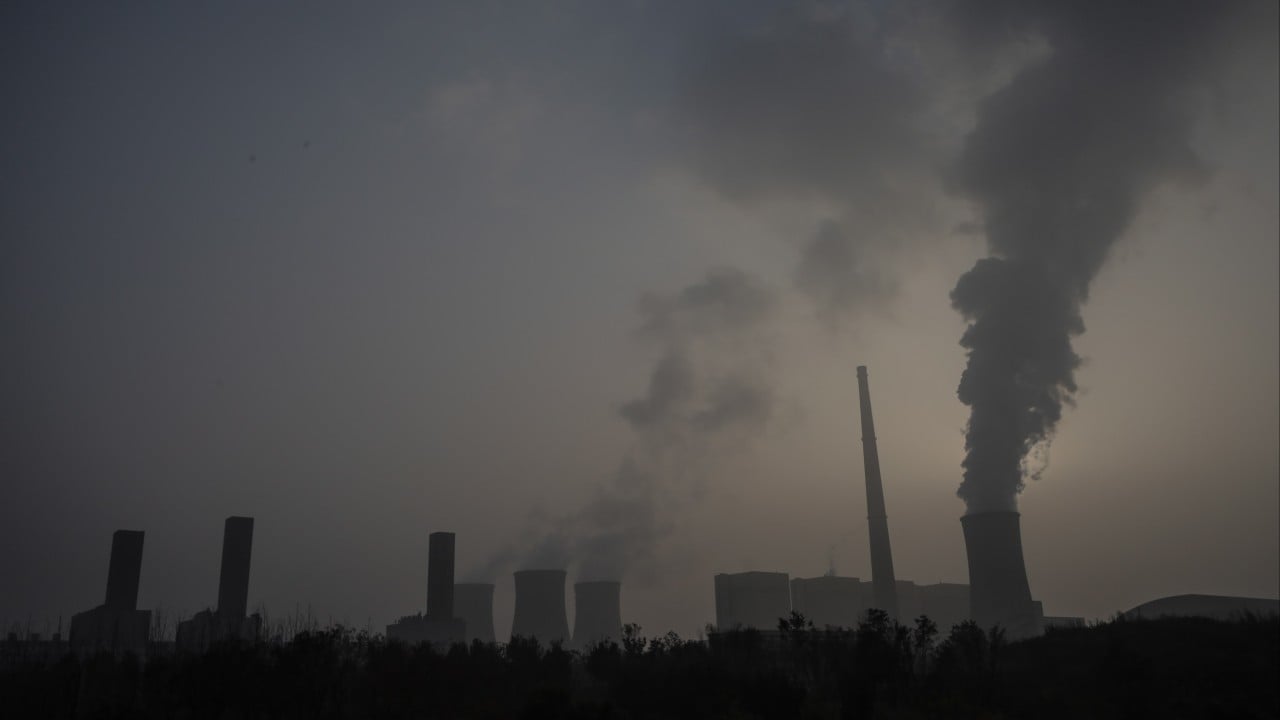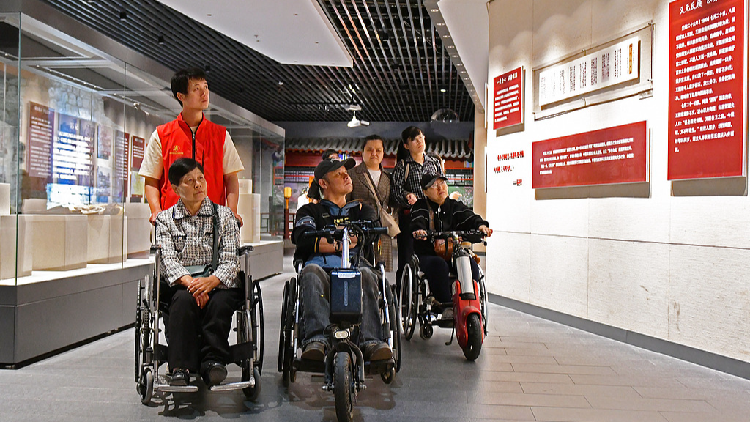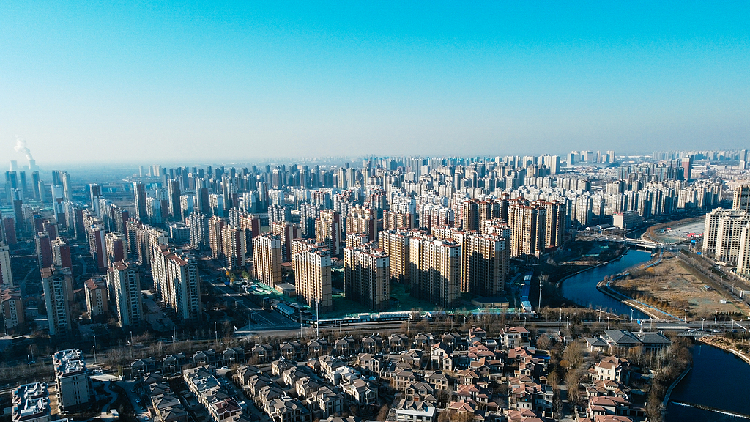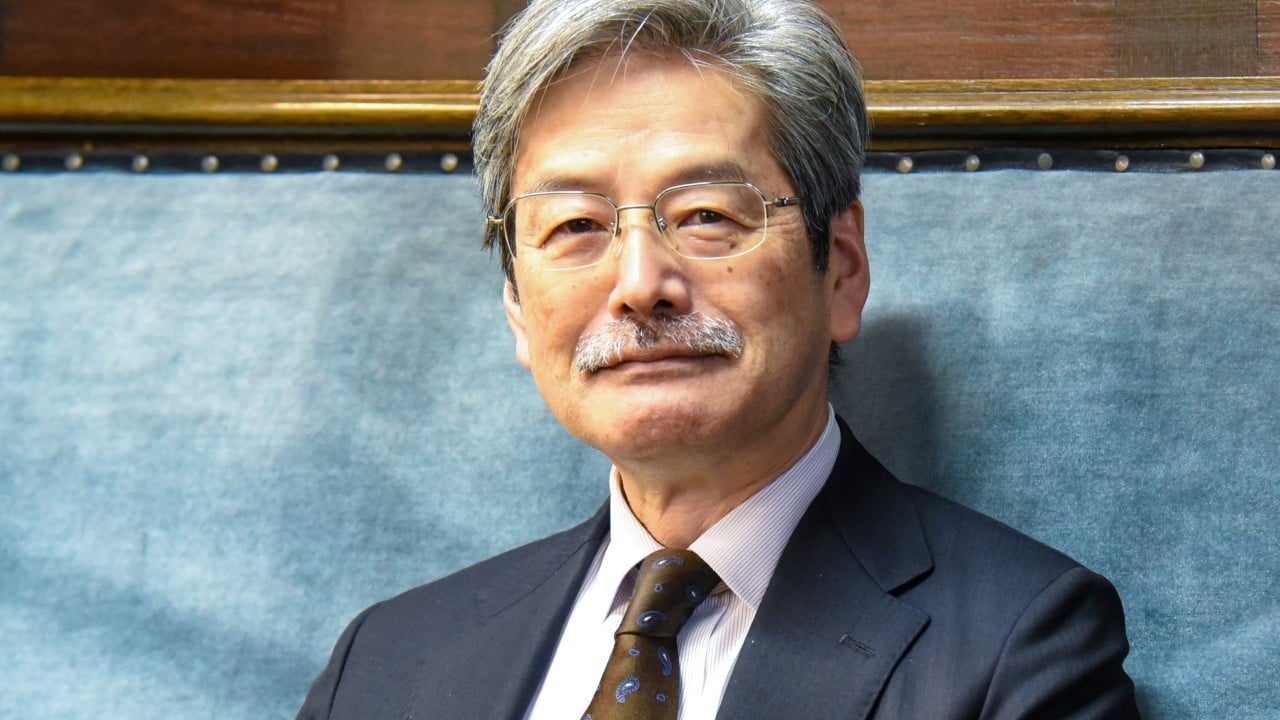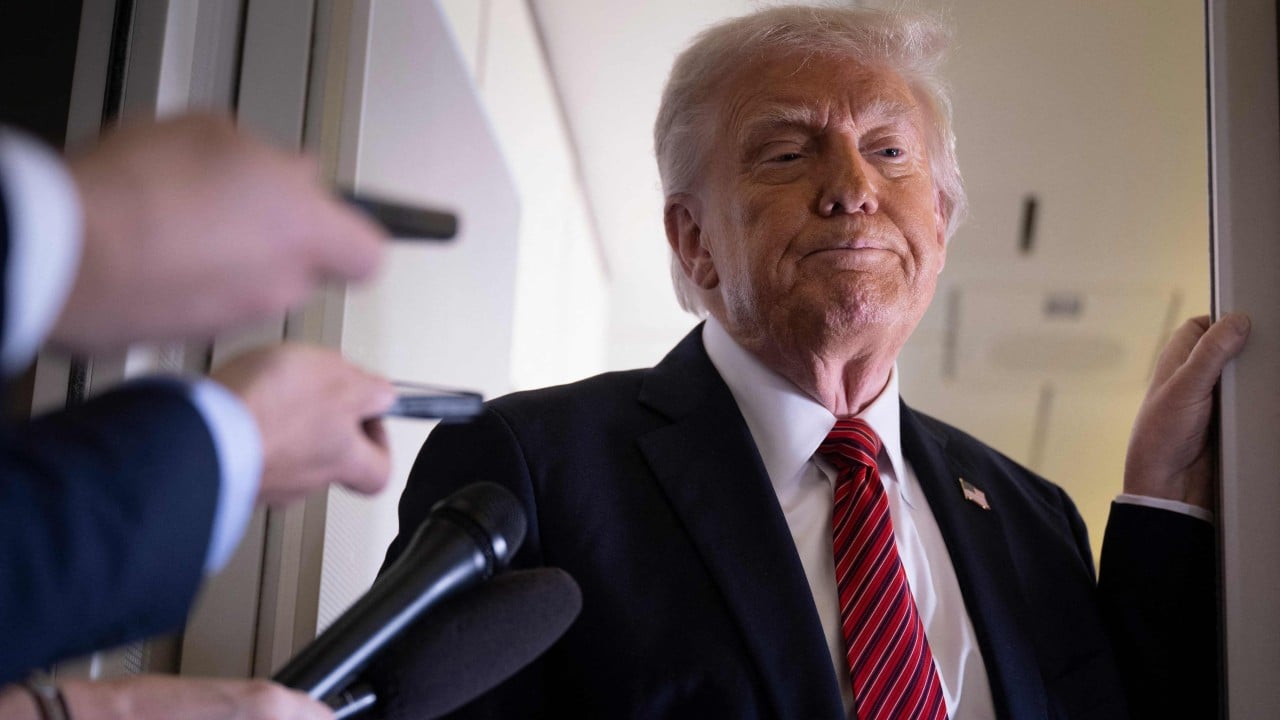
Chinese exporters are racing to resume production and shipping for the U.S.
market, following the latest round of mutual tariff adjustments between China and the United States.Three days ago, the two countries announced a 90-day pause on most of their recently imposed tariffs.
The policy shift has triggered a surge in demand from American buyers and reignited momentum in China's foreign trade sector.Chinese exporters ramp up productionIn a bustling factory in Shenzhen, a trader surnamed Nie said she was urged by her U.S.
business partner to ship the goods as soon as possible.
With roughly 45 days required for shipments to reach U.S.
store shelves, her clients were nervous as they're worried the policy could shift again. Nie said the order worth 80,000 yuan (about $11,100) was delayed due to earlier tariff hikes.
Currently, she is also managing another two larger U.S.
orders – one exceeding 800,000 yuan and another topping 1 million yuan. "We're also seeing new orders from Europe and South America.
All of these must be delivered before the summer peak season in July," she said.At a textile company in east China's Jiangxi Province, production manager Liang Shinan is coordinating a new order for 100,000 children's clothing sets destined for the U.S.
"We're working overtime every day.
Our orders are booked through September," Liang told China Media Group (CMG).The company has not only regained momentum in the U.S.
market but has also expanded in Europe and domestically.
It's currently in talks with several American brands and expects total U.S.
orders to surpass 100 million yuan this year.Meanwhile, in Ganzhou, a city in Jiangxi Province, a company specializing in 3C-certified helmets received a letter on May 12 from a U.S.
client requesting the full resumption of a previously suspended order for more than 500,000 sports helmets.
Production is now in full swing.Guan Youliang, the company's general supervisor, told CMG that the company is also actively expanding into Europe and other markets due to the uncertainties in U.S.
trade policy.
"We've already received sample orders from new clients and are working hard to meet deadlines," said Guan.That sentiment is shared by many Chinese exporters who have been building global strategies to offset the risks of U.S.
policy fluctuations.Absen, a leading Shenzhen-based LED display products and services supplier, is now working with U.S.
partners to establish a risk-mitigation mechanism to guard against future tariff changes.
According to the company's marketing executive, Absen has focused on global diversification since 2008.
Its products now reach over 150 countries and regions worldwide.U.S.-bound logistics surge amid export boomAs demand climbs, Chinese logistics providers are experiencing a surge in shipments bound for the U.S.
At Yantian Port in Shenzhen, freight volumes have spiked, prompting emergency scheduling adjustments to keep pace with the outbound flow.According to an on-duty manager at Yantian International Container Terminals Ltd., the company now operates six daily sailings to the U.S., with each vessel carrying over 2,000 containers, highlighting the scale and urgency of the export rebound.The surge is also being felt by another logistics company.
Cao Jingbo, vice president at Changfan Logistics, said the number of U.S.
shipping inquiries has skyrocketed to nearly 100 per day.
"Prices are rising sharply, but space is still hard to secure," said Cao.Freight forwarders in Shanghai are also overwhelmed.
Booking requests for U.S.-bound sea freight have surged, with some platforms reporting fully booked containers and increasing difficulty securing space."The number of bookings has doubled, mainly for processed goods like garments and rubber products," said Yang Qin, sales manager at Fancheng International Freight Ltd.Industry analysts note that while the tariff reprieve is a positive development, uncertainties linger due to the volatility of previous trade tensions.
According to Zhang Guangyang, general manager at Huitong Tianxia Logistics, "In the long run, it all depends on the strength of Chinese product competitiveness.
But the recent surge in orders shows the resilience and global appeal of Chinese manufacturing."The tariff adjustment is also being viewed as a positive development for the global industrial and trade chains.Ralph Ossa, chief economist and director of the Economic Research and Statistics Division at the World Trade Organization (WTO), said the WTO welcomes the consensus reached between China and the U.S.
on tariff issues.
He expressed hope that both sides will continue to collaborate in resolving trade disputes and added that China is expected to continue playing a constructive role within the WTO framework.

 19
19









